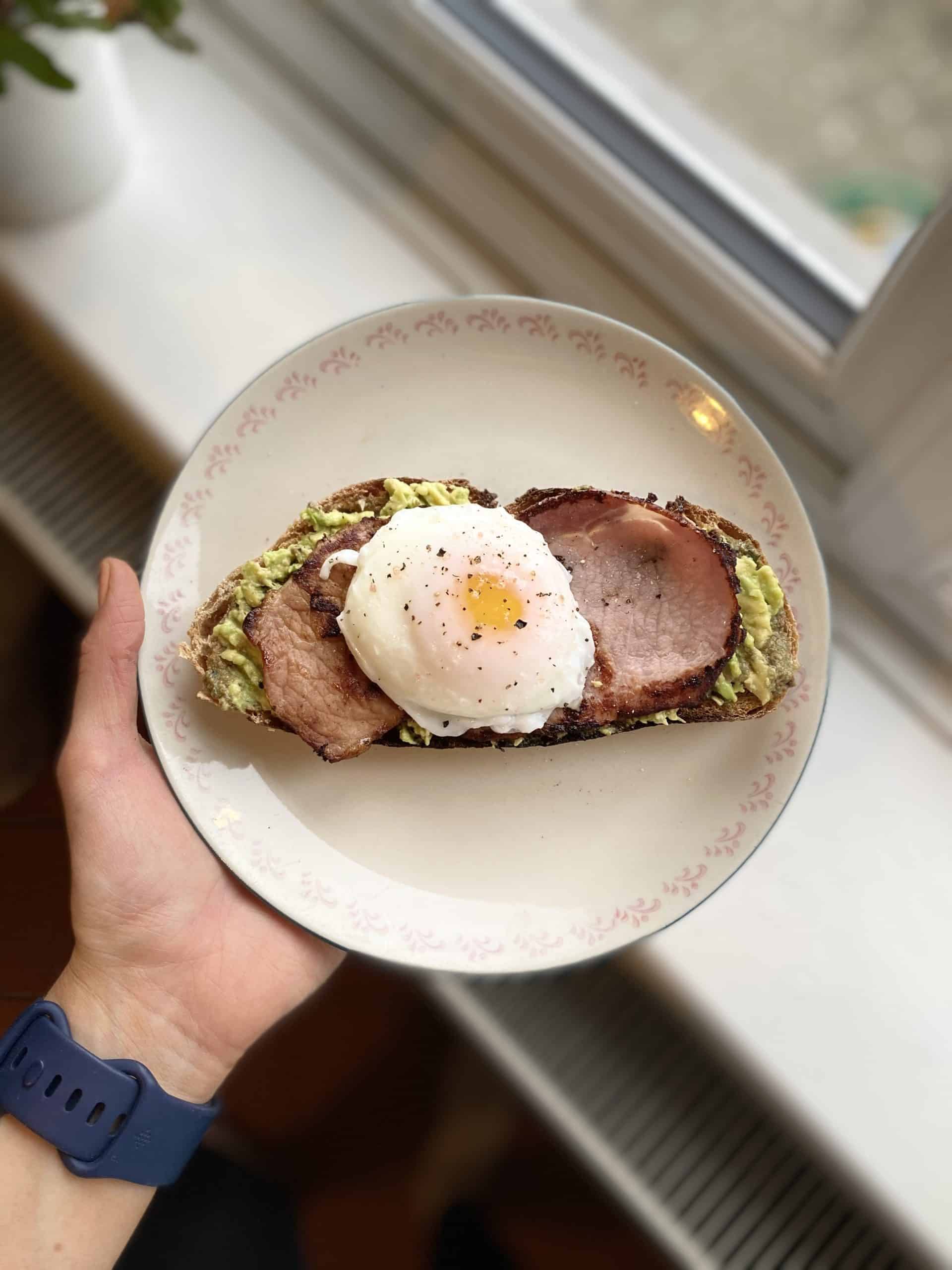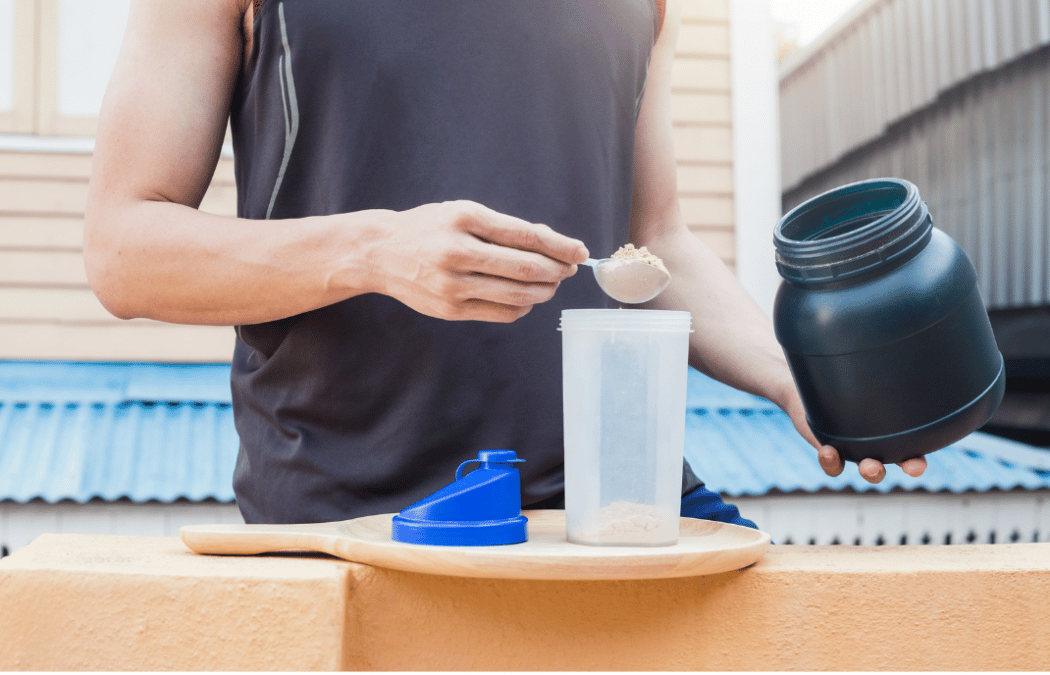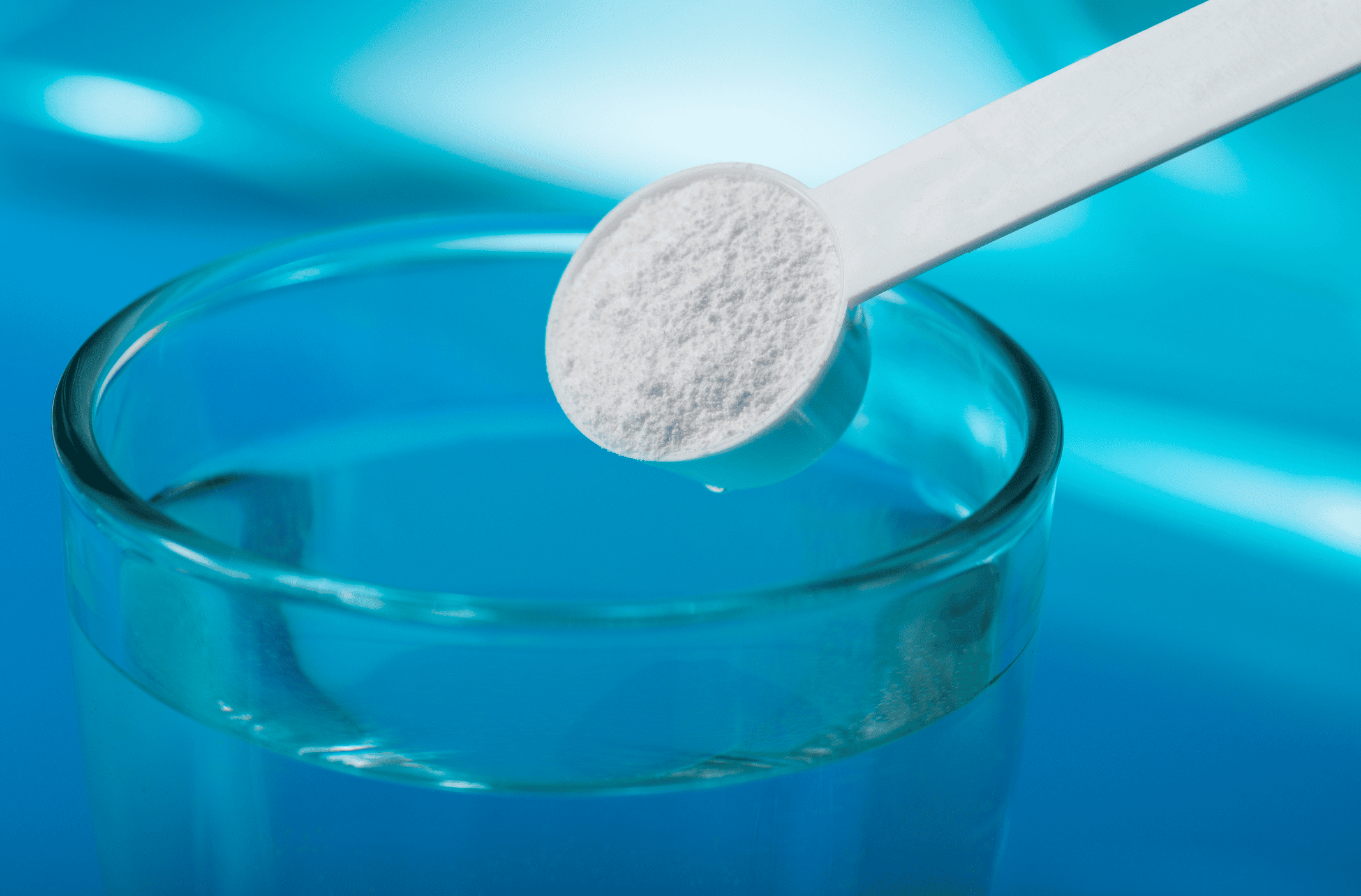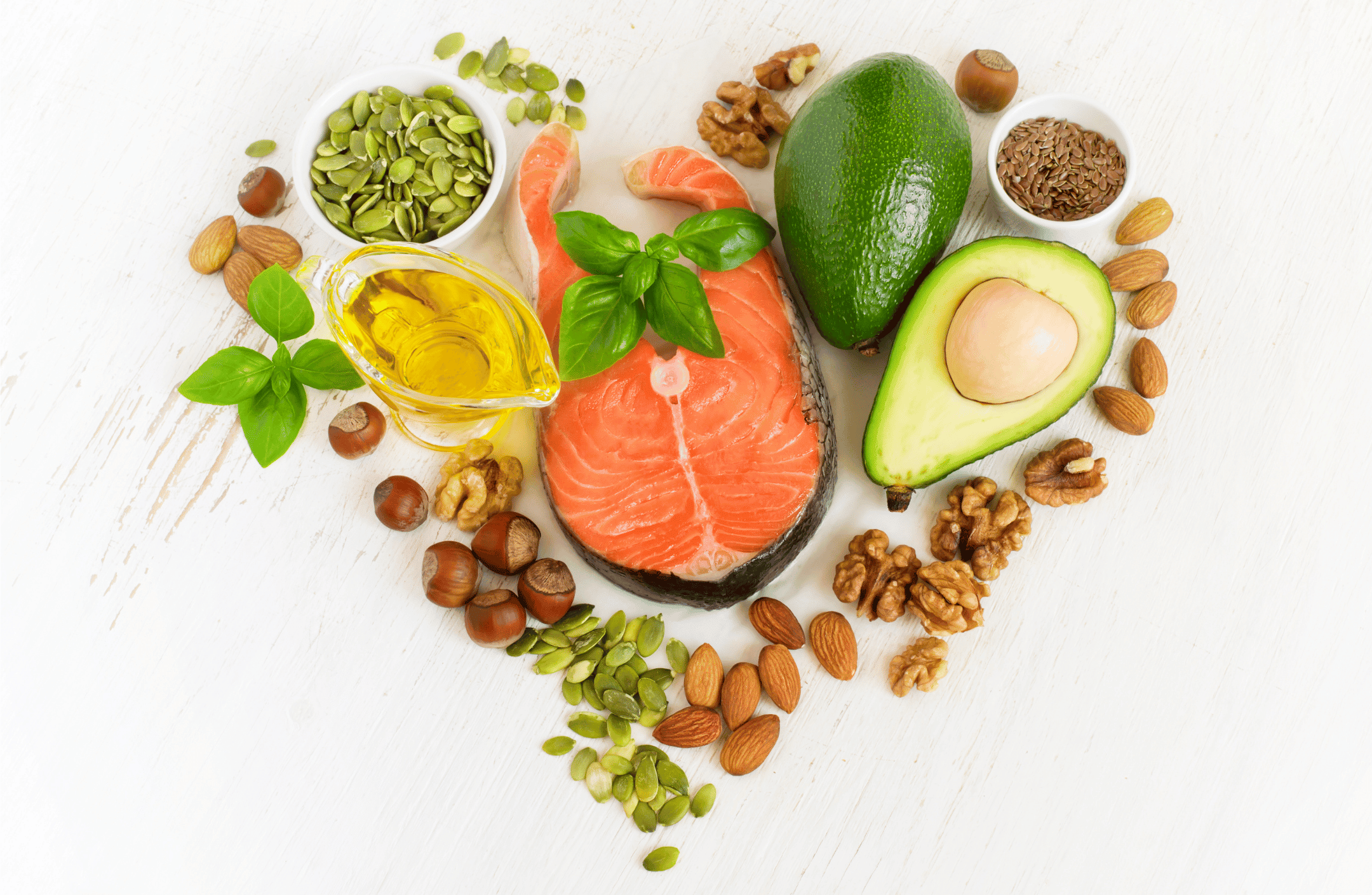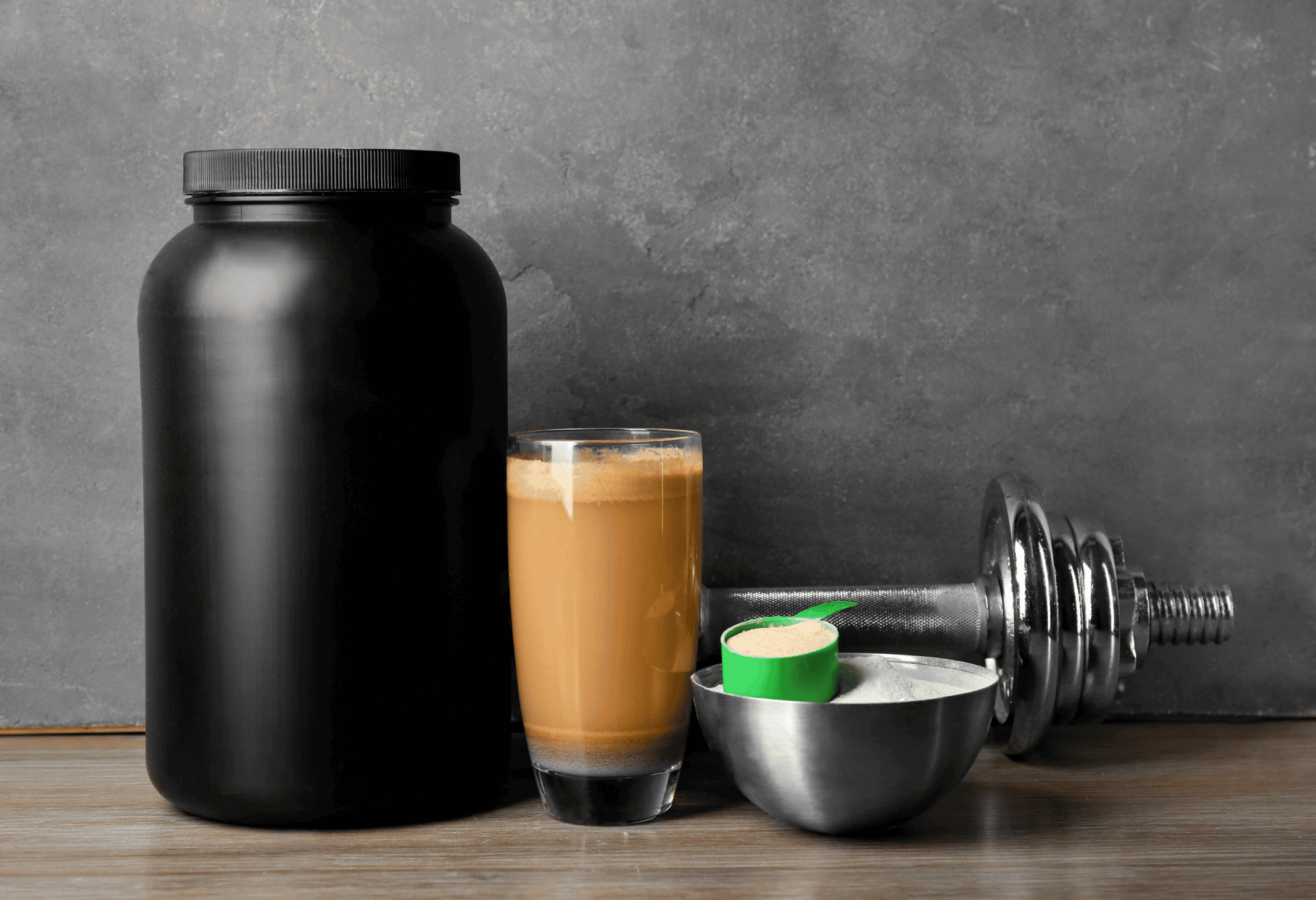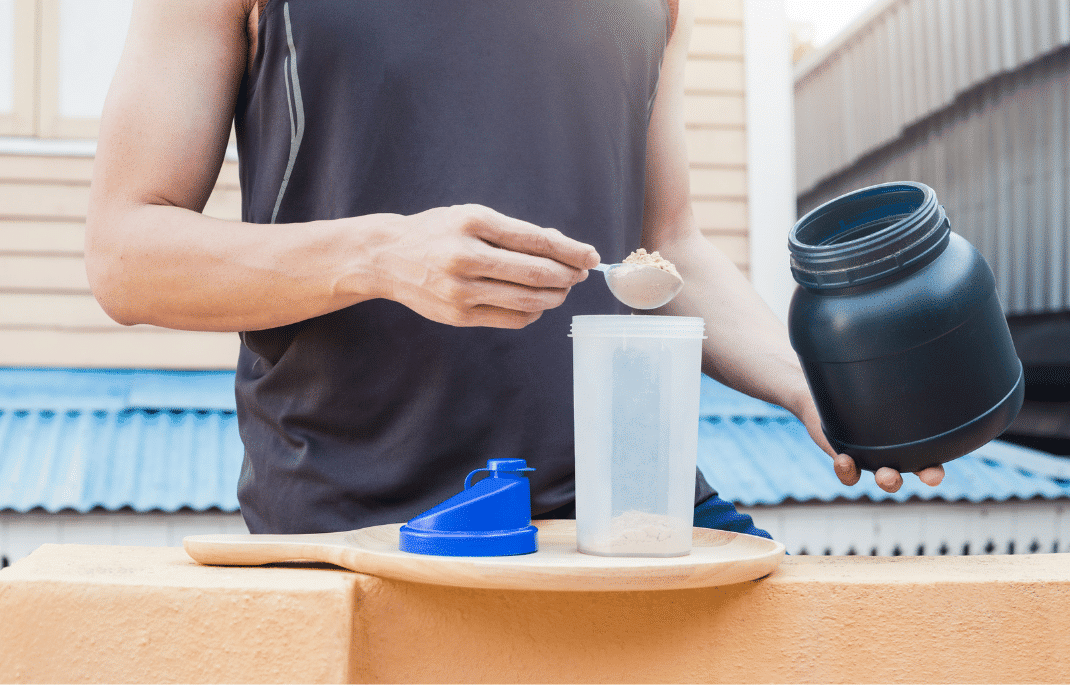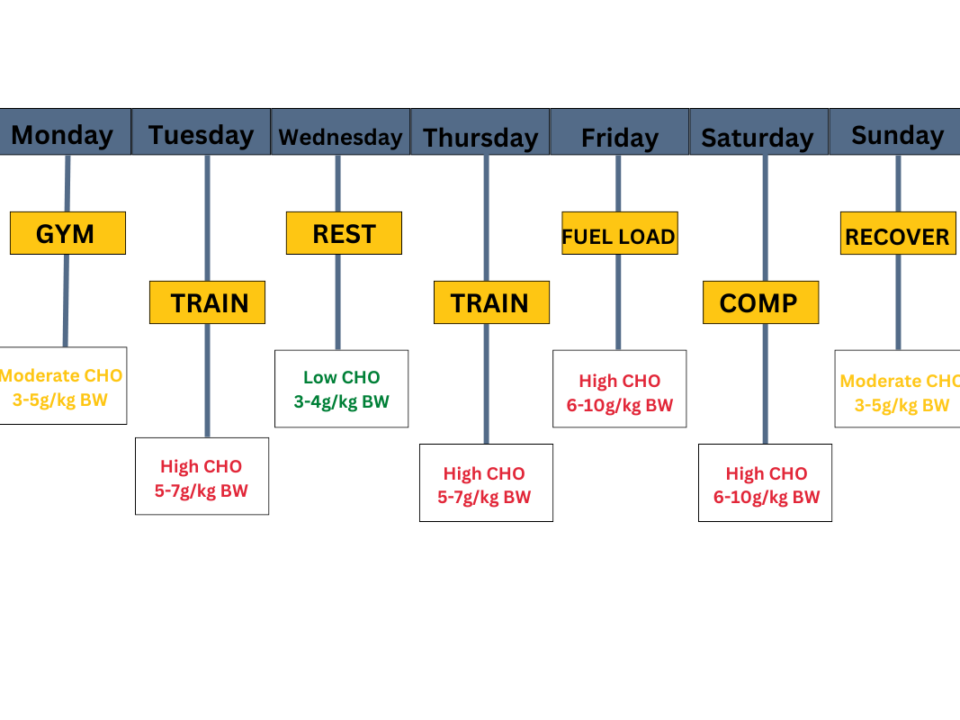Summary:
- What are supplements and what are they used for?
- Supplements for muscle building
- How to decide if you should take a supplement

Muscle Building
Nutrition plays a vital role in the process of building muscle mass. Your body will require more energy, protein and fluids to ensure that muscle protein synthesis exceeds muscle protein breakdown. This simply means that muscle building (new tissue being created) is occurring at a cellular level in muscle tissue. Without a sufficient energy intake and appropriate nutrients, you are at a much greater risk of fatigue, injury, illness and on top of this, recovery from training may take significantly longer. Building muscle is challenging enough but it will happen very slowly or not at all in the absence of a sound nutrition plan.
There are numerous factors to take into account when it comes to building muscle. Read about them in last week’s article.
Supplements
A supplement has been defined as “A food, food component, nutrient, or non-food compound that is purposefully ingested in addition to the habitually consumed diet with the aim of achieving a specific health and/or performance benefit” (Maughan, et al., 2018).
Commonly used supplements include vitamins, minerals, dairy protein, high calorie shakes, smoothies, caffeine and creatine. All of these products either claim to, or will add something to your nutrition, depending on the evidence to support their use, and your current lifestyle and nutrition.
Supplements are used for various reasons, namingly;
- Micronutrient deficiencies
- Convenient consumption of energy and macronutrients
- Sports performance
- Recovery
They can be beneficial to an individual, particularly an athlete, giving them that additional edge they need over a competitor. However, athletes must take extreme caution when selecting their supplements as they not only risk their health but their performance, livelihood and reputation, should they be caught in breach of anti-doping regulations.
For more information on supplement use, particularly in sport, take a look at Sport Ireland’s Anti-doping Supplements Policy.
Get the basics right first!
It is not uncommon for people to neglect the basics when it comes to building muscle mass and instead turn their attention to quick fixes that may read or hear about from a buddy in the gym. We have all seen the ‘build big muscles fast’ headlines on some social media post or magazine cover! However it is crucial that the basics are prioritised and executed before considering any supplement or ergogenic aid (anything that gives you a physical or mental performance edge). A supplement should be nothing more than additional ‘fine tuning’ to add to your process.
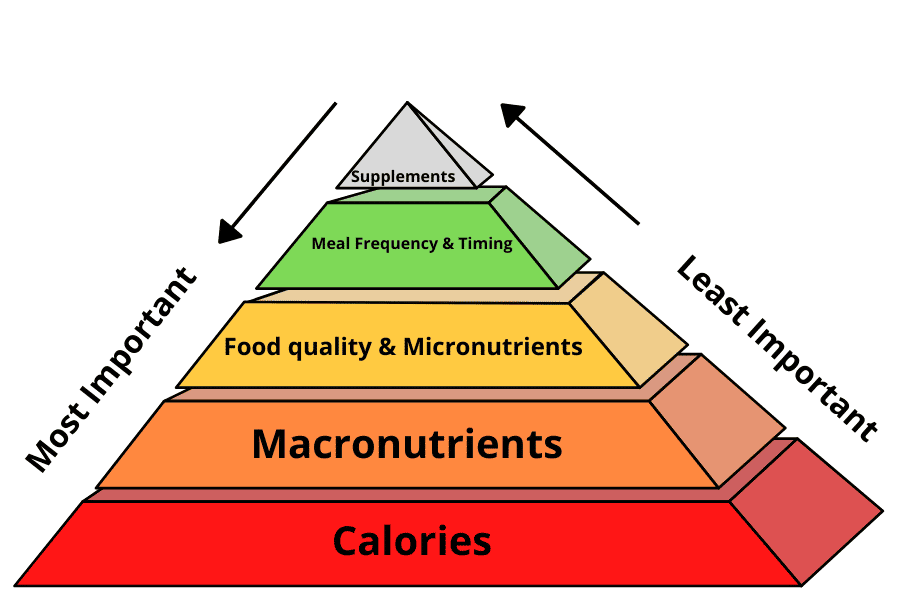
When choosing a supplement for muscle building, the main aim is to impact the rate at which muscle protein synthesis or breakdown occurs, which may be direct or indirect. This can mean that it plays a role in energy production and usage or how quickly a muscle suffers fatigue or decreased function.
It is important to understand that relying on supplements exclusively is not the answer to building muscle tissue or achieving performance targets. Focusing too much on supplementation can compromise the focus that’s required on energy, meal timing, food quality and macronutrient intake. We always recommend a food first approach to nutrition where at all possible unless you have been advised otherwise by a qualified health professional.
One important exception with supplements that should be mentioned is vitamin D (discussed in detail below and in previous articles – and link to articles). Vitamin D should be consumed in supplement form during winter months for health, wellbeing and performance.
Getting your priorities right
The mentality that supplements are sufficient and you don’t need to prioritise eating a high quality diet or prioritising other aspects such as stress management and sleep can take over, especially during busy times. For example, you might find yourself just having a protein shake or protein bar instead of making time to prepare a meal or homemade snack around your workouts.
So what actually works?
When considering what supplements work for improving performance, there are just a small number of supplements that are scientifically proven to support the goal of muscle development.
Here are a short list of the supplements that may be worth your money and have been scientifically shown to be of benefit in addition to a healthy diet and lifestyle:
Protein powder supplement
Protein is the primary macronutrient that supports growth and repair, and is involved in almost every biological process in the body. Protein is what makes up muscle tissue; it also provides a source of energy for cells of the immune system. It is an essential nutrient and one we can’t live without.
For more on protein, check out this comprehensive article.
The recommended daily protein intake for a healthy, active individual is 1.7-2.0g of protein per kg of body mass, depending on the health or performance goal.
A protein powder supplement can offer a practical, time-efficient and convenient method of meeting your protein needs, particularly if you are short on time or stuck for options. However they should not be heavily relied on and the total calorie and protein intake, spread out over the course of a day should be considered.
The most effective options are whey, casein and in terms of a dairy free option, soy.
Whey
- Whey is a very easily digestible protein, meaning it can be delivered quickly when consumed post exercise.
- It is readily absorbed by the body.
- It is the most efficient protein supplement for promoting muscle protein-synthesis (MPS).
- Whey is a complete protein.
- Whey has the highest amounts of essential amino acids (EAA’s) particularly leucine when compared to other protein supplements.
Casein
- Casein is a slower digesting protein supplement.
- Is a high quality complete protein, containing all nine EAA’s.
- Optimal pre-sleep, post resistance training.
- Slower more steady supply of EAA’s to the muscles.
- Often more expensive than Whey
Soy Protein
- Soy protein is a helpful option if you choose to avoid animal proteins such as whey and casein
- Contains more leucine than casein.
- Contains less leucine than whey.
- Is a complete protein unlike many other plant based proteins.
- Most effective plant based protein in stimulating MPS.
- Low in fat and contains no saturated fat or cholesterol.
- Is digested at a similar rate to whey.
Click here for more information on whey protein in comparison to casein and soy.
Creatine
Creatine is a popular nutritional supplement, commonly used as an ergogenic aid by athletes and gym goers. Creatine supplementation gives rise to intramuscular creatine which may lead to improved performance and adaptations to training.
Exciting research that has been emerging in recent times suggesting that creatine supplementation may have a number of other benefits beyond performance and recovery.
Some of the benefits to supplementing with creatine include improved power output, increases in anaerobic running capacity, enhanced recovery and greater training tolerance.
Click here to learn more on creatine.
Omega 3
Omega 3 fatty acids come in three main forms; alpha-linolenic acid (ALA), eicosapentaenoic acid (EPA) and docosahexaenoic acid (DHA).
ALA is an essential fatty acid meaning that the body cannot make it, and so we must consume it through our foods (and/or supplements) if necessary.
When consumed, our body can then convert ALA to EPA and then a small amount may be converted into DHA. It is therefore important that we consume other foods containing EPA and DHA in addition to ensure that we meet our requirements of all these omega-3 fatty acids.
Food sources include:
- Fish
- Nuts & seeds
- Oils, ie. olive oil, flaxseed oil
It is recommended that we consume 2 portions of oily fish per week If we are not consuming enough of these fatty-acids through our diet, then supplementation may be a good option to ensure we are consuming between 1-2g of EPA/DHA daily. Click here for more information on Omega-3.
Benefits to consuming Omega-3 fatty acids when muscle building are a result of their positive effects on the hormonal environment within the body, as well as on the production of growth hormone and testosterone. Omega-3 is known to play a role in muscular development and function and therefore may improve muscle mass gains and strength (McGlory, et al., 2019).
 Vitamin D
Vitamin D
Vitamin D also known as the sunshine vitamin, is a key nutrient needed to support optimum health.
It is a fat-soluble vitamin that is also known to act as a lipophilic pro-hormone. Vitamin D can be obtained from the diet, but the primary source is synthesised in skin when exposed to ultraviolent-B (UVB) radiation from the sun. Vitamin D plays an important role in regulating muscle contractility as well as muscle growth, development and muscle cell function (Rejnmark, 2011; Gordon, et al., 2007) Supplementation during the latter half of the year is recommended as the ultraviolet rays are rarely strong enough to stimulate sufficient Vitamin D production.
In addition, recent research has suggested that having adequate levels of Vitamin D in the body may provide protection against respiratory infections.
For more information, take a read of our article on Vitamin D.
Gainer Supplements
Gainer supplements are designed to help you reach your caloric needs when engaging in periods of intense physical training. When your energy expenditure is high and your body is under a lot of physical stress, it is not uncommon to experience loss of appetite and not feel like eating a big meal (Kreider et al., 2010). Gainers are designed to make consuming high amounts of calories easier and more convenient.
I however would always encourage people to get their calories and nutrients from real food first, where possible from meals like smoothies, peanut butter sandwiches and fruit juices. Obtaining calories from food and practicing good habits around your nutrition and meal preparation should be a priority. I believe that this will lead to more sustainable results and be more maintainable in the long run.
Gainer supplements are however a great option for those of us who may not have time to prepare a meal or are really struggling to consume sufficient calories from food to meet high energy demands around training.
HMB
β-Hydroxy β-Methylbutyrate is a metabolite of leucine (essential amino acid in protein synthesis).
The physiology behind HMB supplementation:
It increases myofibrillar protein synthesis through the mTOR pathway as well as the growth hormone/ IGF-1 axis. HMB works to prevent muscle protein breakdown via two intracellular protein degradation systems (Engelen & Deutz, 2018).
In simpler terms, it stimulates muscle growth and reduces the rate of muscle wastage.
The supplementation dosage of HMB ranges from 1-3g per day depending on the individual, and is optimal when taken 30-45 minutes prior to a workout
When compared to leucine, HMB has been found to be more effective per gram in reducing the rate of muscle protein breakdown. However leucine is noted to be more effective in promoting muscle protein synthesis. Therefore, HMB is more effective in reducing muscle breakdown or wastage (anti-catabolic agent) than in building muscle mass (as an anabolic agent). For this reason HMB is often used during periods of injury or immobility to help preserve lean mass.
What does the research say?
- HMB can be useful in the prevention of the onset of sarcopenia in the elderly, when combined with exercise (Holeček, 2017).
- It is effective in preventing exercise induced muscle damage (Knitter, et al., 2000).
- HMB supplementation may also be useful during periods of injury due to the role it plays in muscle wastage (Papadopoulou, 2020).
For more information on these supplements and more, visit Examine.com.
Considerations
If you are considering using a supplement, it is important that you think about all aspects of your lifestyle and goals. It may be useful to ask yourself the following questions and if the answer is no to any of them, they are more than likely not worth your time or money:
- Am I ready for supplement use?
- Should I use this supplement?
- Is this supplement effective in my training/sport?
- Is the supplement safe for me to use?
- Does the supplement come from a reliable source?
Kinetica Sports
I am currently working alongside Kinetica Sports who are an Irish Sports Nutrition Brand. They have developed their products with Elite Athletes, Nutritionists and external advisors to guarantee that their products are top quality and every batch is tested to comply with WADA exacting standards. The Informed Sports logo can also be found on the majority of Kinetica’s products. Visit their website for more information and to view their Batch certificates.
Knowledge is Power
If you are an athlete or coach who would like to educate yourself on anti-doping and the use of supplements in your sport, take a look at the following websites:
WADA Anti-doping Education and Learning
Sport Ireland Anti-doping eLearning
Some articles worth taking a look at, if you haven’t already:
The Role of Carbohydrates for Building Muscle Mass
Determining your Nutrition Goal
Macro Counting – Pros and Cons
Who to trust (and who to avoid!) when it comes to nutrition
Be sure to use the calculator to calculate your calorie needs.
Select “Building Lean Mass” or “Hard Gainer” before choosing a meal plan based on your caloric and macro requirements.
One of the following meal plans may be suited to your goal:
References:
American College of Sports Medicine position stand (2009). Nutrition and athletic performance. Medicine & Science in Sports & Exercise, 41 (3), p709-731.
Burke, L. M., Castell, L. M., Casa, D. J., Close, G. L., Costa, R. J. S., Desbrow, B., Halson, S. L., Lis, D. M., Melin, A. K., Peeling, P., Saunders, P. U., Slater, G. J., Sygo, J., Witard, O. C., Bermon, S., & Stellingwerff, T. (2019). International Association of Athletics Federations Consensus Statement 2019: Nutrition for Athletics, International Journal of Sport Nutrition and Exercise Metabolism, 29(2), 73-84.
Bytomski, J. R. (2018). Fueling for Performance. Sports health, 10(1), p47–53.
Cintineo, H.P., Arent, M.A., Antonio,J., & Arent, S.M. (2018). Effects of Protein Supplementation on Performance and Recovery in Resistance and Endurance Training. Frontiers in nutrition, 5 (83).
Cooper, R., Naclerio, F., Allgrove, J., & Jimenez, A. (2012). Creatine supplementation with specific view to exercise/sports performance: an update. Journal of the International Society of Sports Nutrition, 9(1), 33.
Engelen, M., & Deutz, N. (2018). Is β-hydroxy β-methylbutyrate an effective anabolic agent to improve outcome in older diseased populations? Current opinion in clinical nutrition and metabolic care, 21(3), 207–213.
Gordon, P. L., Sakkas, G. K., Doyle, J. W., Shubert, T., & Johansen, K. L. (2007). Relationship between vitamin D and muscle size and strength in patients on hemodialysis. Journal of renal nutrition : the official journal of the Council on Renal Nutrition of the National Kidney Foundation, 17(6), 397–407.
Holeček, M. (2017). Beta-hydroxy-beta-methylbutyrate supplementation and skeletal muscle in healthy and muscle-wasting conditions. Journal of cachexia, sarcopenia and muscle, 8(4), 529–541.
Kerksick, C. M., Wilborn, C. D., Roberts, M. D., Smith-Ryan, A., Kleiner, S. M., Jäger, R., Collins, R., Cooke, M., Davis, J. N., Galvan, E., Greenwood, M., Lowery, L. M., Wildman, R., Antonio, J., & Kreider, R. B. (2018). ISSN exercise & sports nutrition review update: research & recommendations. Journal of the International Society of Sports Nutrition, 15(1), 38.
Knitter, A. E., Panton, L., Rathmacher, J. A., Petersen, A., & Sharp, R. (2000). Effects of beta-hydroxy-beta-methylbutyrate on muscle damage after a prolonged run. Journal of applied physiology (Bethesda, Md. : 1985), 89(4), 1340–1344.
Kreider, R.B., Kalman, D.S., Antonio, J., Ziegenfuss, T.N., Wildman, R., Collins, R., Candow, D.G., Kleiner, S.M., Almada, A.L. and Lopez, H.L., 2017. International Society of Sports Nutrition position stand: safety and efficacy of creatine supplementation in exercise, sport, and medicine. Journal of the International Society of Sports Nutrition, 14(1), p.18.
Kreider, R.B., Wilborn, C.D., Taylor, L. et al. ISSN exercise & sport nutrition review: research & recommendations. J Int Soc Sports Nutr 7, 7 (2010).
Kyriakidou, Y., Wood, C., Ferrier, C., Dolci, A., & Elliott, B. (2021). The effect of Omega-3 polyunsaturated fatty acid supplementation on exercise-induced muscle damage. Journal of the International Society of Sports Nutrition, 18(1), 9.
Maughan, R. J., Burke, L. M., Dvorak, J., Larson-Meyer, D. E., Peeling, P., Phillips, S. M., Rawson, E. S., Walsh, N. P., Garthe, I., Geyer, H., Meeusen, R., van Loon, L., Shirreffs, S. M., Spriet, L. L., Stuart, M., Vernec, A., Currell, K., Ali, V. M., Budgett, R. G., Ljungqvist, A., Mountjoy, M., Pitsiladis, Y., Soligard, T., Erdener, U., & Engebretsen, L. (2018). IOC Consensus Statement: Dietary Supplements and the High-Performance Athlete, International Journal of Sport Nutrition and Exercise Metabolism, 28(2), 104-125.
McGlory, C., Calder, P. C., & Nunes, E. A. (2019). The Influence of Omega-3 Fatty Acids on Skeletal Muscle Protein Turnover in Health, Disuse, and Disease. Frontiers in nutrition, 6, 144.
Papadopoulou, S. K. (2020). Rehabilitation Nutrition for Injury Recovery of Athletes: The Role of Macronutrient Intake. Nutrients, 12(8), 2449.
Paulsen, P.V (2009). Functional and Speciality Beverage Technology. Woodhead Publishing Series in Food Science, Technology and Nutrition, P318-345.
Rawson, E. S., Miles, M. P., & Larson-Meyer, D. E. (2018). Dietary Supplements for Health, Adaptation, and Recovery in Athletes. International Journal of Sport Nutrition and Exercise Metabolism, 28(2), 188-199.
Rejnmark, L. (2011). Effects of vitamin d on muscle function and performance: a review of evidence from randomized controlled trials. Therapeutic advances in chronic disease, 2(1), 25–37. https://doi.org/10.1177/2040622310381934
Tang, J.E., Moore, D.R., Kujbida, G.W., Tarnopolsky, M.A., Phillips, S.M (2009). Ingestion of whey hydrolysate, casein, or soy protein isolate: effects on mixed muscle protein synthesis at rest and following resistance exercise in young men. J Appl Physiol, 107, p987–92.
Thrane, M., Paulsen., P.V., Orcutt., M.W. & Krieger, T.M (2017). Chapter 2 – Soy Protein: Impacts, Production, and Applications. Sustainable Protein Sources, P23-45


